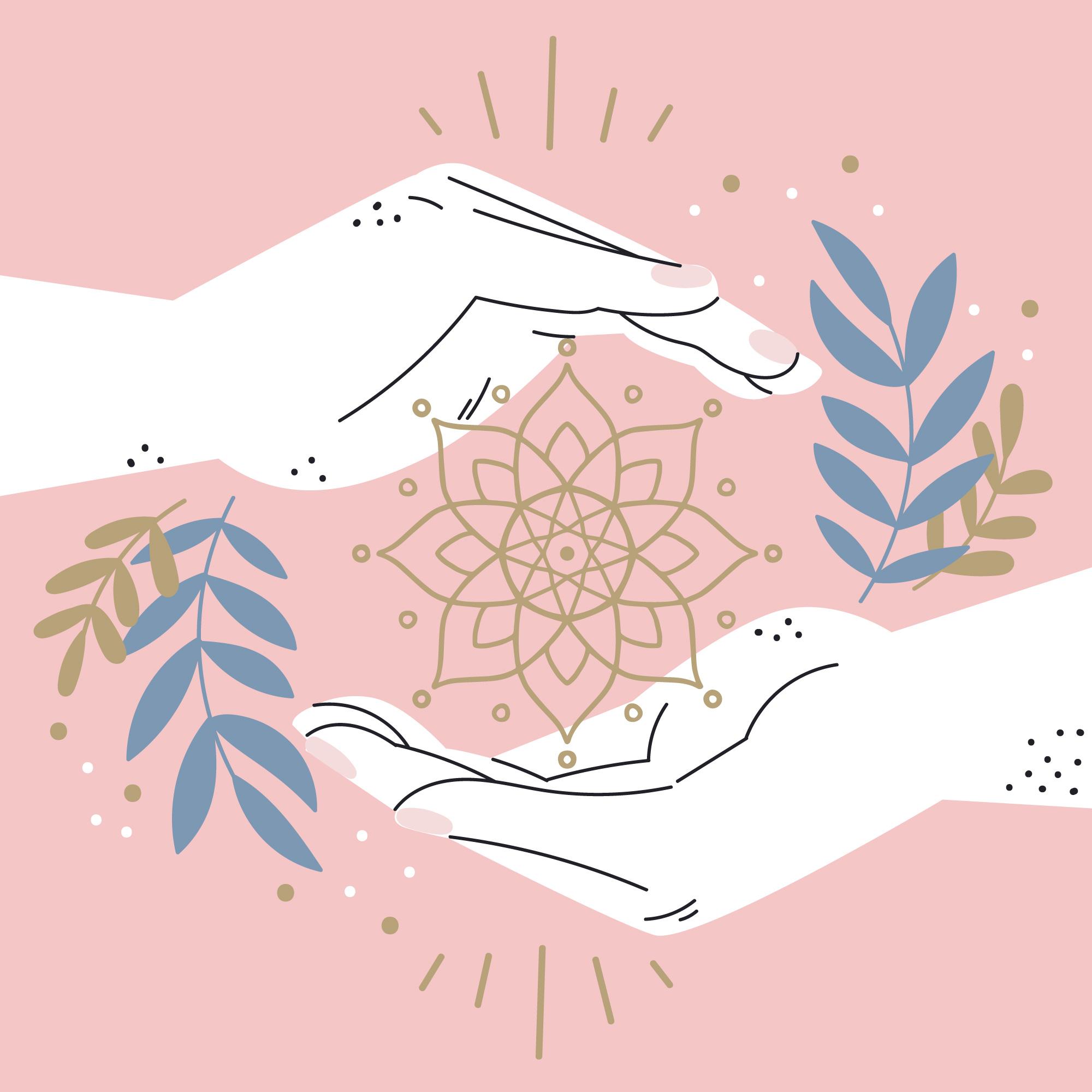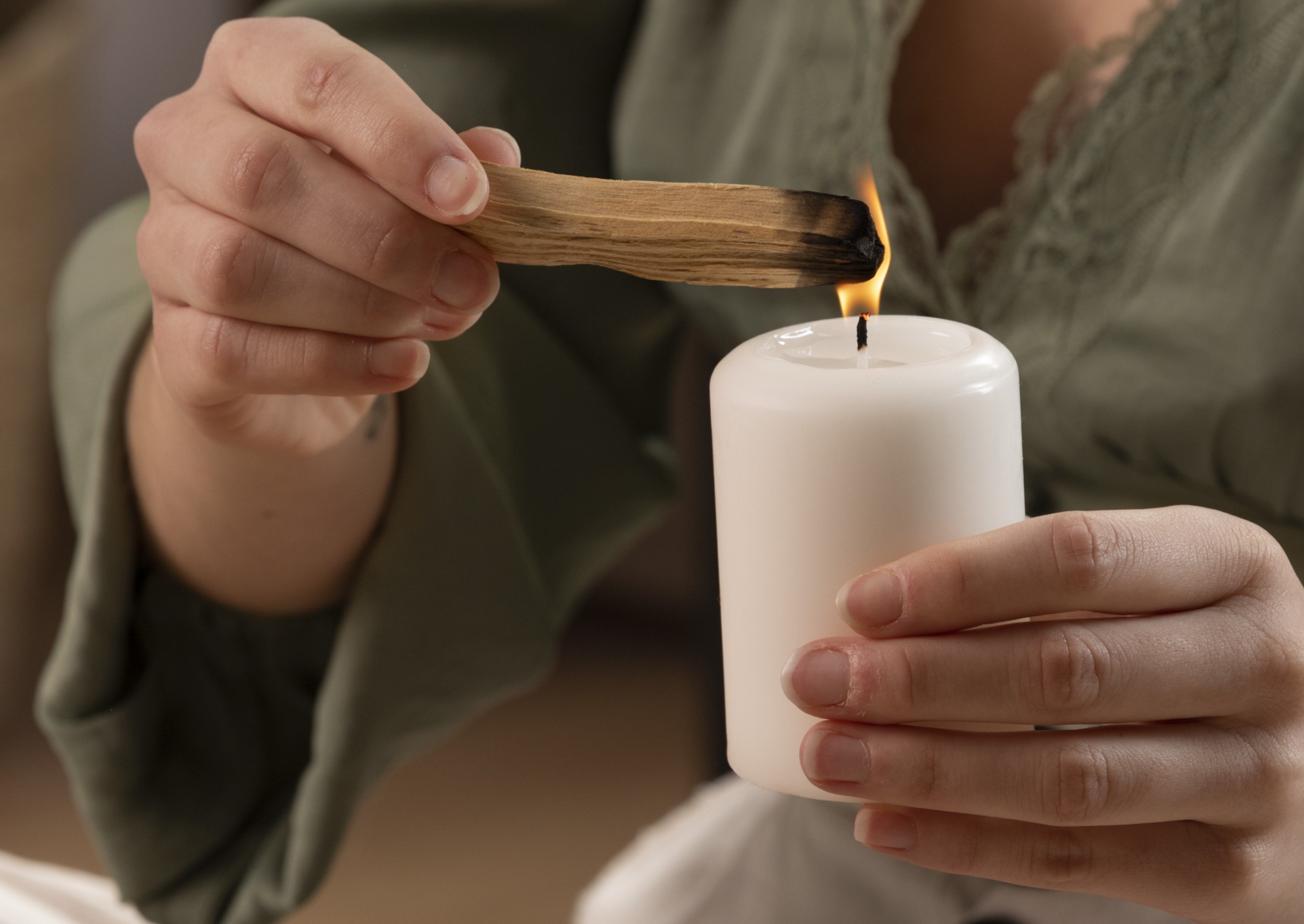Introduction
It's all too easy to get caught up in the hustle culture, where productivity and doing something are respected and idolized. But what happens when you're not 100%? What if you're tired, emotionally, mentally, or physically? Society has, and will, tell you to keep going, to do it anyway.. But when it comes to healing, the idea is often slowed down. Rest. Pause. Reflect. But it's okay to be tired. Healing is work too.
The Hidden Labour of Healing
Healing is not just something that happens to recover from physical hurts, it involves affective and cognitive labor that cannot be seen. As you recover from loss, trauma, or burnout, your brain and body are putting an enormous amount of effort that you can't even perceive. Affective labor could be as draining as any kind of bodily labor, and we do not necessarily acknowledge it as such.
When we're grieving or recovering from trauma, we believe we should ‘get over’ things sooner. The reality is that healing takes as long and as hard as it does to mend the body. You cannot hurry it along. In fact, attempting to force through the exhaustion just prolongs your healing.

Rest Is Essential
In our society, rest is disapproved of. We consider it lazy or unproductive, but it's actually critical to well-being. Rest enables our body and mind to recover, refuel, and catch up on all the emotions we're dealing with. Without rest, we cheat healing, and we're stuck on this merry-go-round of burnout that creates more harm in the long run.
Sitting back and relaxing is not defeat and behind, it's all in the work. So, then, do yourself a favor and permit yourself to rest, nap, go for a walk, or do nothing. When you rest, you give yourself room to heal properly.
A 2024 investigation showed that rest is an active part of healing. It found that trauma survivors who prioritized rest reported significantly lower PTSD symptoms. They also showed greater resilience. (The Journal of Traumatic Stress, Vol 37, Issue 2)
The Importance of Patience in Recovery
Healing isn't a linear process. No express lane, no shortcut. Healing is random and frustrating. We are a culture that craves speed and efficiency; healing, if it were a person, would feel like an outcast in this culture. Healing occurs over time. And sometimes healing takes more time than we'll admit to.
Be patient. Being patient that your process is going to take longer than you believe is key. Healing might require you to stay present as you work through it. You can do it at your own pace. Have faith in the process, and know that you are doing the work that you are meant to do, even if you don't feel like you're getting anywhere.
How to Honor Your Healing Process
So how do you respect your healing process when you're exhausted? Begin by honoring your mind and body. Listen to what you require, whether it's an evening of sound sleep, a day of pure doing-nothing, or a minute of peaceful contemplation. Self-kindness is required. Stop pushing yourself to be ‘fixed’ right away.
Leave room for your emotions: Permit yourself to become exhausted without judgment. Your emotions are real.
Practice presence: Be present and concentrate on taking one step at a time.
Set boundaries: Protect your energy by saying no to some of those things that suck the energy out of you.
Seek assistance: Use friends, family, or a counselor to walk you through the process.
Remember, recovery is work. Don't skimp on the energy it takes. Enjoy the ride and treat yourself gently on the way.

When Rest Becomes the Real Work: Ritu’s Journey of Healing
The Weight of Being ‘The Strong One’
Ritu was always the tough one. The one who arrived, smiled even if it hurt, and never let anyone get in her way. But one day, she was perched on the edge of her bed, shaking a little in her hands. She gazed at the painting in front of her. She was feeling something she hadn't let herself feel in so long: tiredness.
The only person she called family, her father, had passed away a month ago. Others encouraged her to hold on. "He would not want you to be sad like that," they’d try to encourage her. "He'd want you to live." The words cut more deeply than she could ever confess, because she did not have the slightest idea of how to live without him. She did not know who she was if he were not in her life.
She tried to keep going to work and social gatherings and keep herself busy. She forced herself to smile when people asked how she was, offering them the same tired answer: “I’m okay.” But she wasn’t okay. She was drained.
The Moment Everything Came Crashing Down
One afternoon, she sat on the floor of her room with tears falling from her eyes that she had fought against for so long. It felt like there was a river of feelings she was in with no sight of sea to meet its end. She had been telling herself all along that if you keep going, you will be okay. Well, now she knew that one could be strong and tired and broken.

Letting the Tears Fall
She let her eyes close and her tears fall freely. They were not the tears of a weak person, but of relief. For the first time since his adieu, she let herself be vulnerable. Let herself admit the fact that it was okay not to be okay.
“Healing is not surviving. Healing is to know the measure of the hurt and permit yourself to sleep through it. It is to let yourself be tired and sleep. To ensure that the wounds inside are no less real than any wound to the body,” she internalised and accepted this.
Rest Is Part of the Work
Healing would not be swift or simple. There would be days she'd never know if she could continue, but today, for the first time, she knew those days made her human. She just needed to rest, to have room to mend in her own good time. Because healing really does take effort. And it's okay to be fatigued doing it.
Conclusion
Healing is not a place you come to, it's something that needs care, patience, and, yes, rest. Resting is not giving up; it's healing. Allow yourself time to heal, to respect your process, and to have faith that, with time, you will be stronger and more complete. It's okay to be tired, healing is work too.